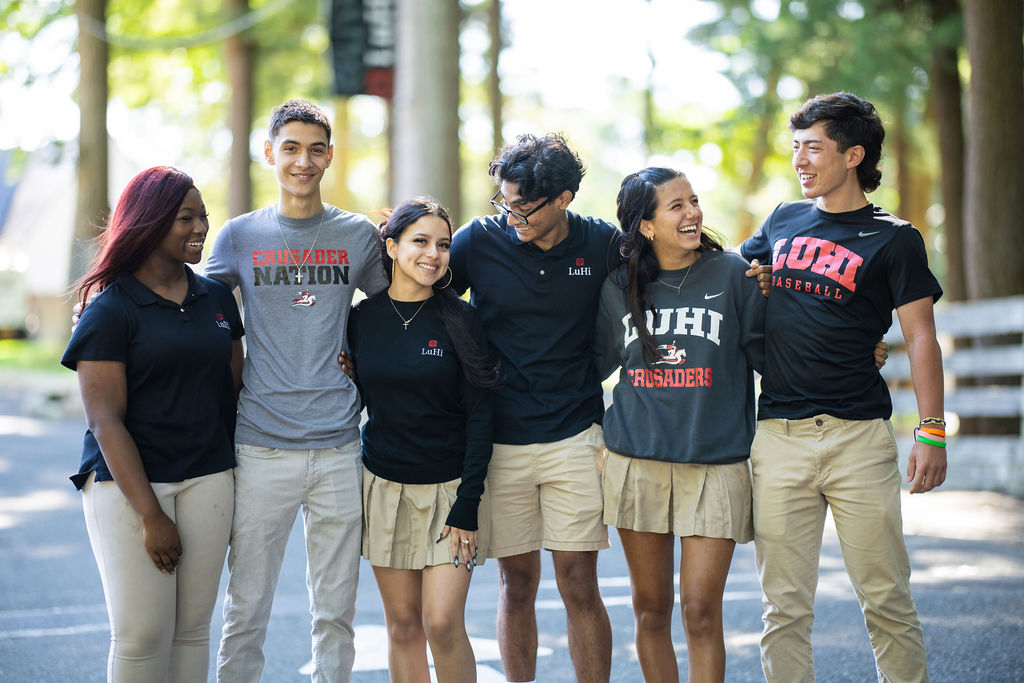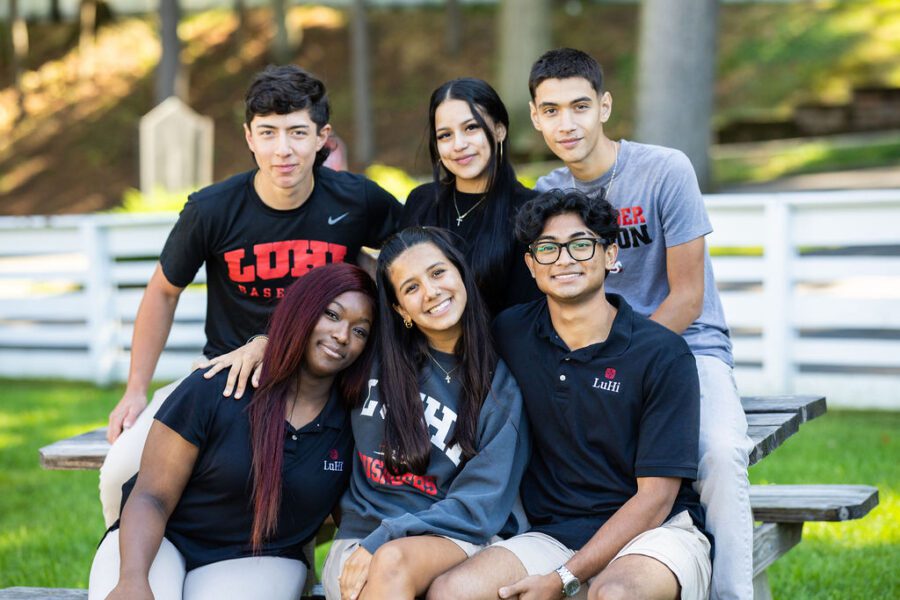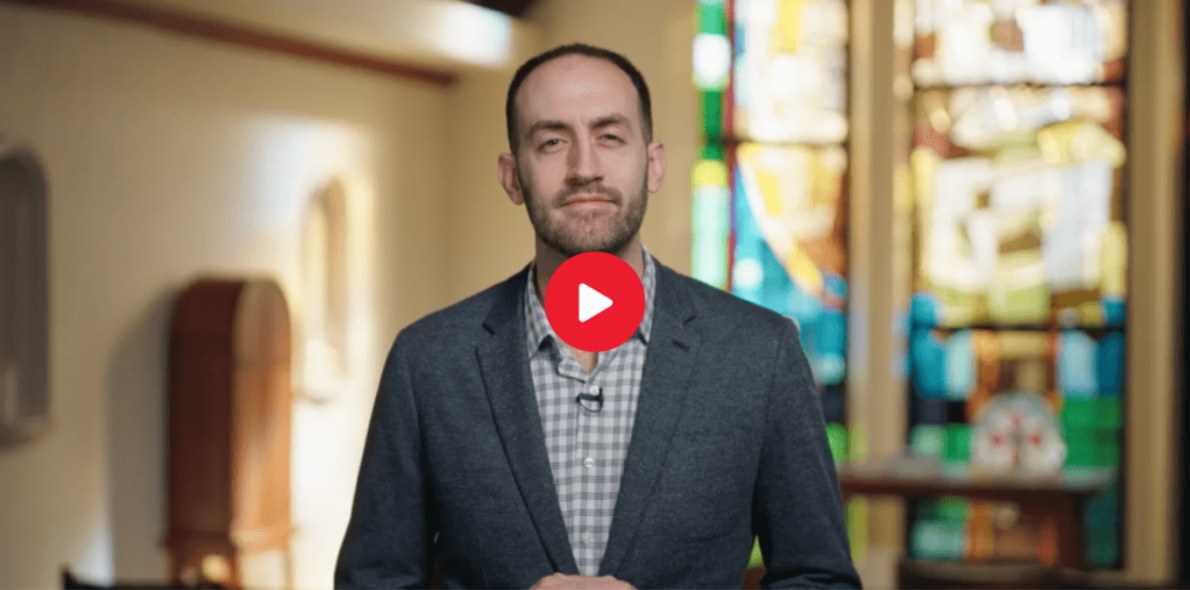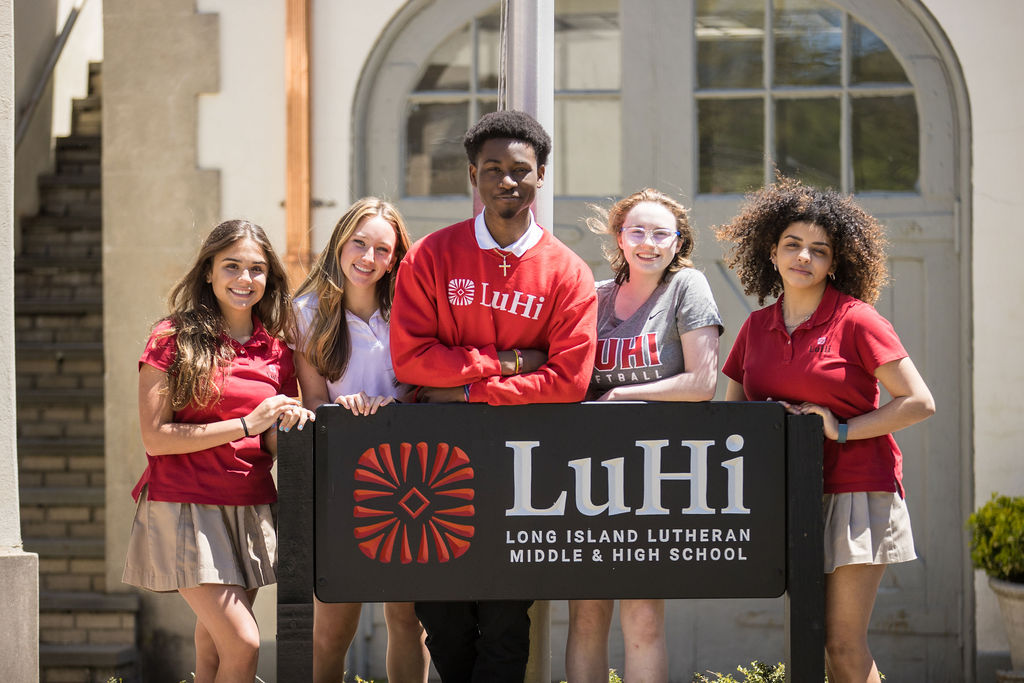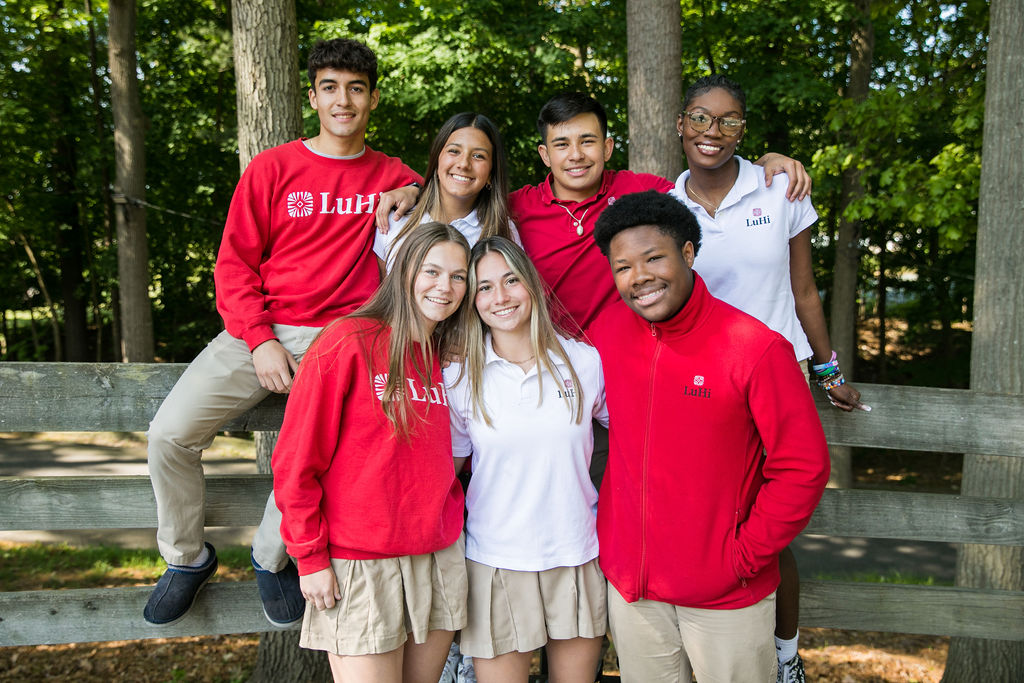LuHi’s Culture of Learning: Problem Solving and Relevance
By: Jessica Raba ’98, Assistant Head of School | Principal
In a culture of learning, it’s vital that learning opportunities extend to all. This past week, we welcomed Denis Sheeran, author of Instant Relevance and Hacking Mathematics. Denis has worked with our faculty in the past, prior to the pandemic, and it was wonderful to have him back in the building to work with our Math and Science teachers.
I have long held the belief that the charge of K-12 schools is to help prepare students with the dispositions and skills necessary to face unknown challenges. There have been many lessons learned these past two years, not the least of which supports the place of a problem solving emphasis in student experience focused on real connections to human experience. Combine this with our mission of developing compassionate and educated leaders, and LuHi graduates are exactly what the world needs.
Math and Science are two key areas where problem solving is both inherent in the discipline, and where the implications are far-reaching, both for our students as they discover their passions and explore possible pathways as they move into the next phases of their educational journeys, but also for our world as the STEM fields evolve and new innovations and responses to challenge seem to be a daily occurrence.
Our team had five key takeaways from their time with Denis:
- Whomever is doing/talking/solving is learning. Perhaps based on our own learning experiences or even what we see in the media (movies, TV shows, etc.), there’s a belief that learning occurs in didactic form – teacher speaks, student listens, learning happens. While there is value to this approach, advances in education, technology, and understanding about human learning shows us that multiple possibilities exist for models of classroom learning!
- The average attention span is 12-20 minutes. Chunking learning into smaller bits with movement, breaks, and shifts in the experience is valuable for all involved (students and teacher!).
- Students in this generation, particularly following remote learning, see time differently and tend to go to YouTube and other platforms to learn about their passions. As a result, there are implications for learning and the presentation of new material, especially when students are looking for connections to their own lives and experiences.
- It’s critical to see the big picture or the end result or the big question at hand before digging into the smaller skills and knowledge needed to find the solution or understand the concept. Think of it as zooming out to see the end result, then zooming in to focus attention on the steps along the way. This practice is employed by professionals in all sorts of fields, and makes incredible sense for students.
- Textbooks don’t follow best teaching practices. Moving from lesson to lesson in a textbook is not always the best approach – in fact, reconfiguring or ordering the lessons in an effort to make #4 come to life might mean that some parts of the textbook remain unused altogether!
Mr. Klemp commented, “Denis is a tremendous resource! It was great to have him see what we do and give feedback on how to improve in varying areas.”
Later this week, we welcome Andrew McPeak for continued learning about the unique experiences and needs of Generation Z, our current middle and high schoolers. With a focus on social-emotional learning and student wellness, this upcoming professional learning experience, in combination with ongoing work with Denis Sheeran will assist our faculty and staff in continuing to evolve practices that best meet the needs of the students in our classrooms.




